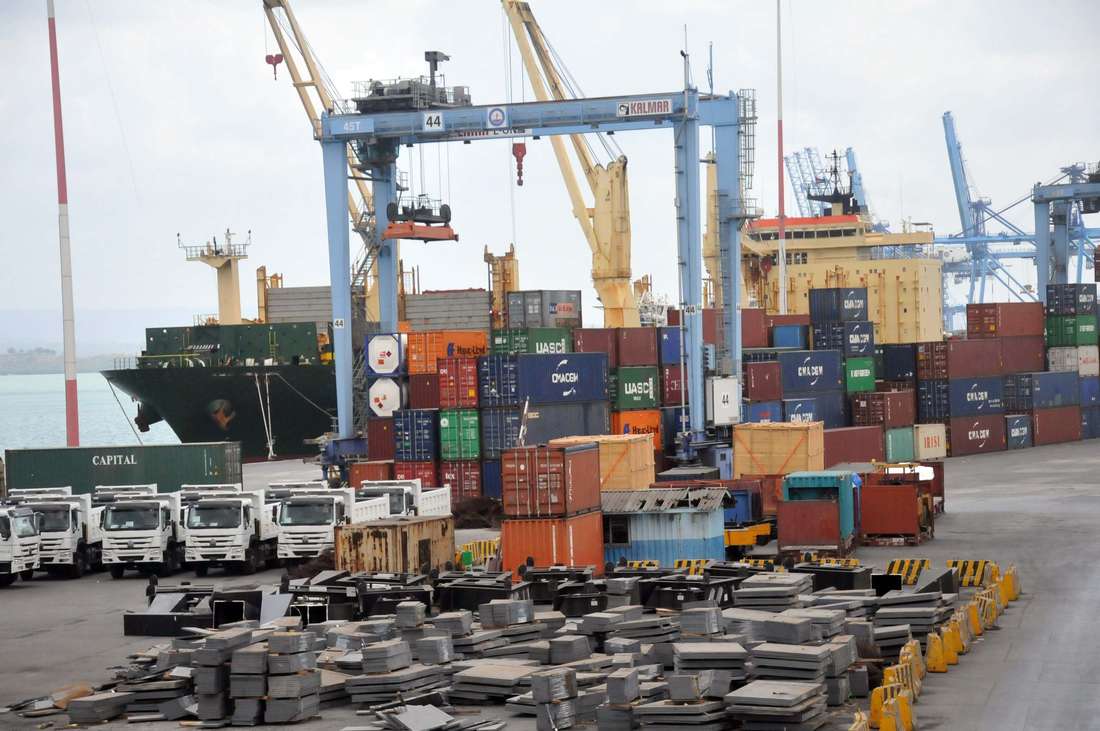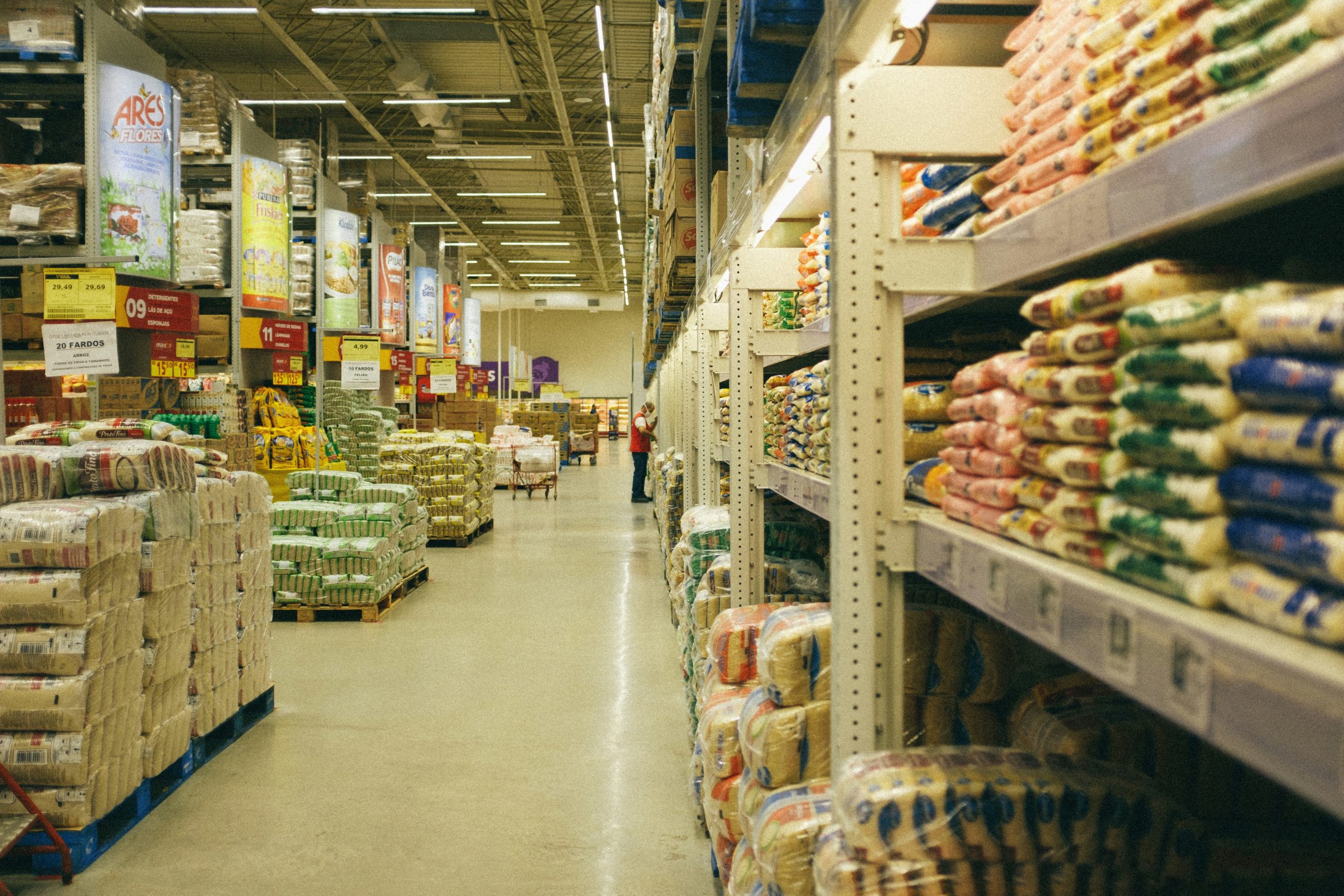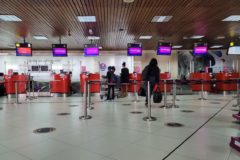Kenya’s tax changes have sparked a cargo crisis at Mombasa port. Kenya Revenue Authority (KRA) is now auctioning overstayed goods with a $10 entry fee.
The Kenyan tax regime has undergone critical changes in the past few months, introducing new regulations to widen the tax bracket. These legislative adjustments have compelled importers to forgo picking their cargo from the port. Amidst these strict regulations, the Kenya Revenue Authority (KRA) has not relaxed its stance on enforcing tax regulations. To this end, a substantial amount of cargo is yet to be retrieved from the port.
In response, the KRA has launched an auction from August 14 to August 20. This auction presents an opportunity for the disposal of overstayed cargo. “KRA is running an online auction to sell overstayed cargo at the port of Mombasa. The auction is running from Monday 14th August 2023 to Sunday 20th August 2023,” KRA posted on X. A glance at the auction page show vehicles as some of the most popular items, alongside electronic devices such as computers and televisions.
Bidding regulations
Kenyans must have a valid iTax account and an active email to participate in the action exercise. Upon entry, a non-refundable $10 fee is then paid for auction participation. Items are auctioned on an “as-is” and “where-is” basis, precluding replacement requests or refunds. KRA says it reserves the right to modify auction lots before bidding starts. A successful bidder will then receive an invoice after the auction ends. Within 48 hours, the winner must send 100% of the bid amount. Failure to meet this deadline will result in the item being offered to the second-highest bidder. Winners are granted three days from payment to retrieve the item; otherwise, they become liable for warehouse expenses from the sale date onward.
No additional tax for winning bids
KRA adds that the bidding price is non-negotiable, and no taxes will be applied. However, upon winning, registration with National Transport and Safety Authority (NTSA) will be undertaken at a bidder’s cost. This mainly affects groups that will be bidding for the vehicles listed.
The consolidated cargo question
A few months ago, KRA introduced a new directive for importers of consolidated cargo, directing them to pay taxes based on transaction value, a shift from the previous fixed duty model of KES 200 (under $2) per kilogram for loose cargo, as part of an effort to address abuse of the initial cost-easing directive for small importers. Some importers of restricted items, including expensive mobile devices, television sets, and medical equipment, to name a few, had exploited loopholes to evade import permits. These importers circumvented using their PINs for declarations by opting for consolidation, resulting in owed VAT on their iTax PINs that could not be offset by sales VAT.
To this end, the prices of devices shipped in as consolidated cargo have increased, as tax is now paid per item. A smartphone shortage is still due to importers neglecting to retrieve their cargo, which is presently stored in KRA warehouses. It has become clear that the KRA will not do a U-turn on the crisis, and importers will, in the long run, need to pay their fair share of taxes. However, this will see fewer smartphone retailers participate in the business thanks to the huge overheads.



















